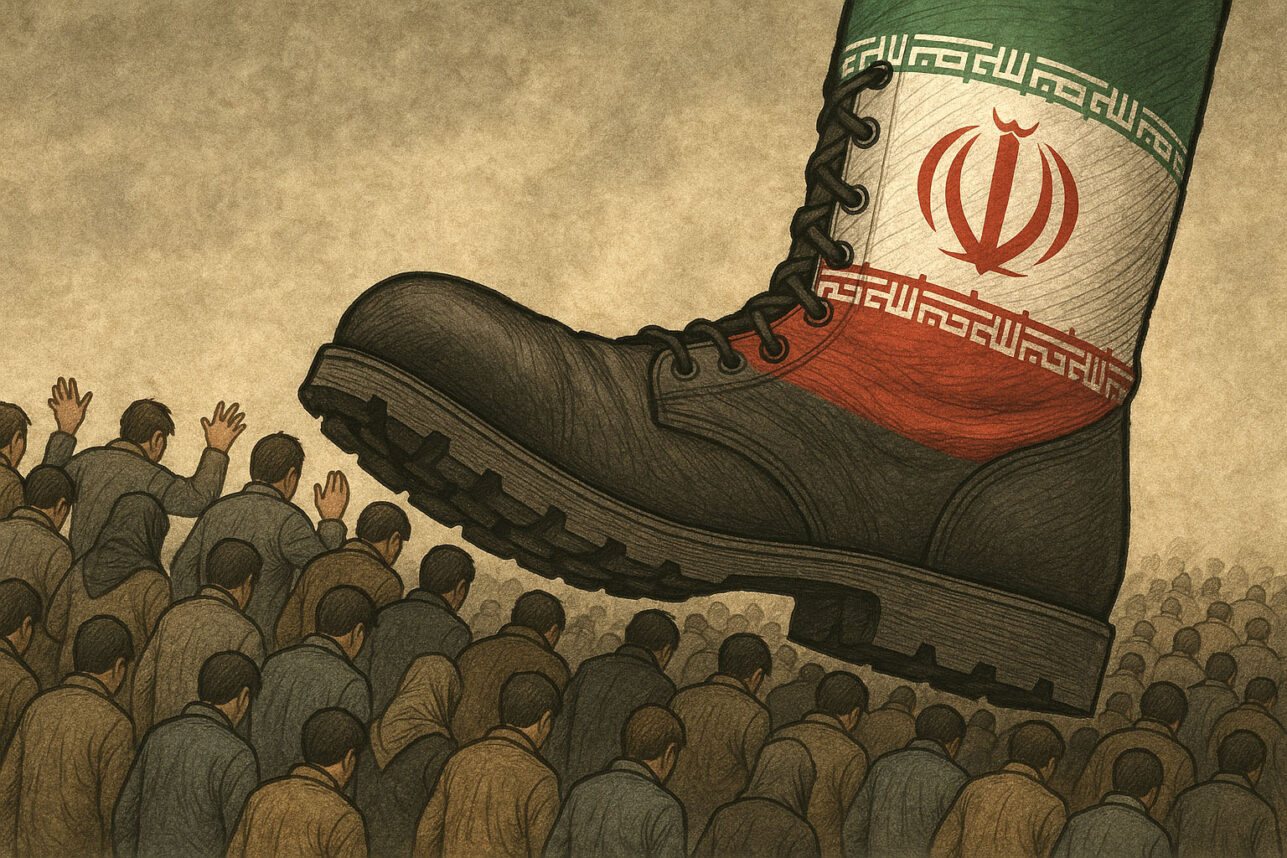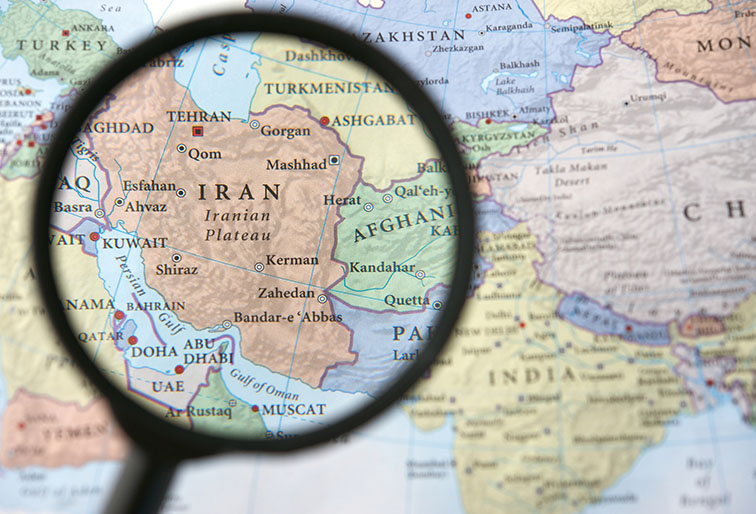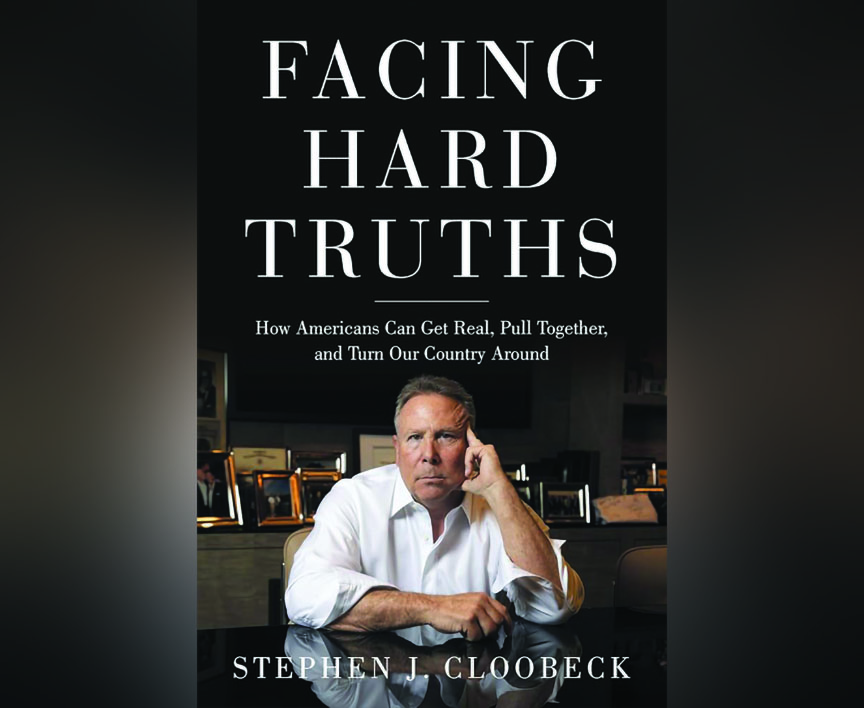
This is the first Rosh Hashanah since the passing of my beloved father, Dr. Benjamin Gentin. I dedicate these words in his memory.
Teshuvah – the process that is a central feature of the month of Elul and the High Holy Days – is, as we know, a radical call for personal introspection and self-examination. But if we think about what teshuvah leads to practically, in most cases, it leads to adjustments in our behavior, in how we live our lives. Few of us are going to emerge from the process of teshuvah this year – from the Yamim Noraim, the Days of Awe – as wholly transformed individuals with strikingly different approaches to life or with significant changes to our behavior.
Instead, if we’re successful, our teshuvah will lead to us becoming somewhat more refined human beings and somewhat more committed Jews: We will be more sensitive to others, more thoughtful, kind and compassionate; we’ll be better listeners, more attentive to mitzvot, more generous. And we will move away from anger, selfishness, insensitivity and the other traits that undermine our ability to be the people that we, deep down, want to become. So realistically, the changes that we will experience will be subtle. They will be adjustments, enhancements, to who we are right now.
If we’re successful, our teshuvah will lead to us becoming somewhat more refined human beings and somewhat more committed Jews.
When we look back at the year we’ve just experienced – a year whose profound sorrows and sufferings are continuing – we can reasonably ask the question: What difference does it really make if I am a little bit or even a lot less selfish, a little or even a lot more generous, when today, eight young soldiers were killed on the Lebanese border? When yesterday, seven people were murdered in Yafo? These were beautiful young people. A newly married woman. A young mother with her baby. We cannot escape the reality that we live in a brutal, barbaric, savage world where people who hate us succeed in causing untold heartbreak and tragedy. In such a world, what possible difference can it make for me or you to work on refining our personalities and gradually adjusting our characters as we aspire to be somewhat better people in the coming year?
When I reflect on this difficult question, the person who comes to mind for me is Rabbi Kalman Kalonymus Shapira, zt’l. Rabbi Shapira was the Piaseczna Rebbe, later the Rabbi of the Warsaw Ghetto, where he delivered drashot (sermons) throughout the war every Shabbat afternoon, notwithstanding that his family was dying around him, his congregation and his Hasidim were being deported and murdered in Treblinka. Rabbi Shapira never wavered in offering his words of chizuk and nechama, words of strength, comfort, inspiration and hope. Before he himself was taken away and murdered by the Germans, Rabbi Shapira was approached by a secular historian, Dr. Emanuel Ringelblum, who asked whether he could place Rabbi Shapira’s drashot in a milk canister that would be buried under the Warsaw Ghetto and perhaps, discovered by people sometime in the future.
I’ve wondered over the years what Rabbi Shapira must have thought as he handed those drashot over to Emanuel Ringelblum, knowing that neither of them would survive the war, knowing that the entire Jewish world of Eastern European Hasidism that was Rabbi Shapira’s life mission was disappearing before his eyes. I wonder whether Rabbi Shapira thought: What is the point of me delivering these drashot at all when I see what is happening around me? And what possible point could there be in having these drashot buried in a milk canister with the virtual certainty they will never be discovered in the future?
In the 1950s, a Polish worker found that milk canister when Warsaw was being rebuilt after the war and miraculously, those drashot were published in the reborn State of Israel in 1960 under the title “Aish Kodesh,” Holy Fire. Rabbi Shapira’s drashot are viewed today as one of the most significant and inspirational works of Jewish philosophy in the 20th century.
We don’t know what the impact and the implications are, or will be, when we do teshuvah in a world drowning in evil and hatred. When we do teshuva in a time of darkness. But every step we take to adjust who we are, to do mitzvot and to refine ourselves, every positive action we take as we work to become different people — great and holy people — is another page we are handing to Emanuel Ringelblum. Another page that will lie buried in the darkness until it is destined to rise through the charred earth and emerge – white fire on black fire – pouring with light.
Chativa v’chatima tova.
Pierre Gentin lives in Westchester County, New York.


































 More news and opinions than at a Shabbat dinner, right in your inbox.
More news and opinions than at a Shabbat dinner, right in your inbox.